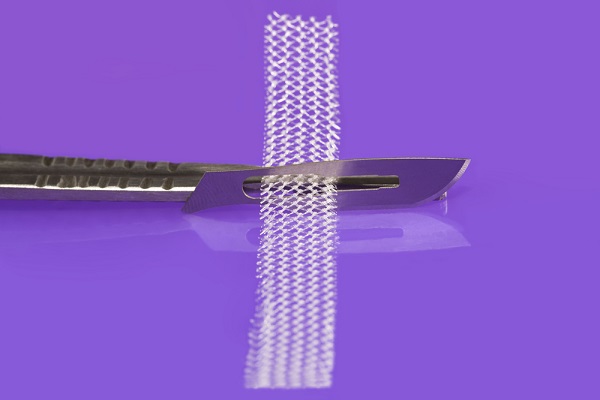
Experiencing pelvic organ prolapse or stress urinary incontinence can be tough as it is. But what happens when your treatment then becomes your No.1 problem? Unfortunately, many women worldwide live through this agony.
Mesh implants can cause trouble, pain, and agony to those who undergo the procedure. That’s no news. However, it is only as of recent that Governments have brought about a change to this, leaving majority of women asking ‘why?’
What is Being Done about Mesh Implants?
Yesterday, the Australian Health Minister, Greg Hunt, apologised to all of the women who had to endure excruciating pain that came as a result of mesh implants.
Mr. Hunt also admitted that mesh controversy had been an issue for many decades, leaving some women to wonder why hadn’t something been done to prevent it sooner?
Despite the formal public apology, the nation still allows some mesh products to be used.
In the UK, healthcare watchdog, NICE, have also recently updated their draft guidelines on mesh surgery.
On 9th October, the organisation advised that surgical mesh or tape should only be used to treat stress urinary incontinence or pelvic organ prolapse after all non-surgical options had been reviewed and exhausted. This is the latest update to the usage of mesh implants since the procedure was suspended in England in July, earlier this year.
However, in its new recommendations, NICE also suggest that women with pelvic organ prolapse and incontinence should now be offered training and advice for management of their disorders.
The Pelvic, Obstetric and Gynaecological Physiotherapists professional network (POGP) welcomed the guidance, adding that supervised pelvic floor muscle training is an overlooked, yet successful treatment option for pelvic floor conditions.
Campaign group, Sling The Mesh, say that these guidelines are too little, too late. The group want pelvic mesh to be abolished as a treatment all together, as the risks are too great. They argue that women should not have to emerge from a small operation with life-changing consequences.
What are Mesh Implants Used For?
Mesh is a general term used to describe a variety of types of manufactured biological and synthetic implantable devices. It is used to support tissues in a number of surgical procedures. Most notably, mesh is used for surgical treatment of stress urinary incontinence and pelvic organ prolapse.
There are three main surgical procedures that can be performed to treat pelvic floor disorders:
- Transvaginal mesh for pelvic organ prolapse
- Transabdominal mesh for pelvic organ prolapse
- Mesh sling for stress urinary incontinence
What are the Complications of Mesh Implants?
For some women, mesh is an effective solution for treating pelvic floor disorders. However, some women also experience serious complications after enduring the procedure. Complications that can occur include:
- Mesh degradation – more surgery may be required to remove and replace the mesh
- Vaginal bleeding
- Vaginal discharge
- Damage to surrounding organs, e.g. bladder
- Infections
- Blood clot formation
- Further prolapse symptoms – requiring further surgery
Let us know your thoughts about the new guidelines for mesh. Are they a step in the right direction, or too little too late?
Previous Updates
Sources
[1] Royal College of Obstetricians & Gynaecologists (2018) Mesh [online]. RCOG [viewed 11/10/2018]. Available from https://www.rcog.org.uk/en/guidelines-research-services/patient-safety/mesh/
[2] Chartered Society of Physiotherapy (2018) Offer women training and advice to manage incontinence and pelvic organ prolapse, says NICE [online]. CSP [viewed 11/10/2018]. Available from https://www.csp.org.uk/news/2018-10-09-offer-women-training-and-advice-manage-incontinence-and-pelvic-organ-prolapse-says
[3] BMJ 2018;363:k4242. Available from https://www.bmj.com/content/363/bmj.k4242
[4] BBC (2018) Vaginal Mesh Implants: Australia Apologises For 'Decades of Pain' [online]. BBC [viewed 11/10/2018]. Available from https://www.bbc.co.uk/news/world-australia-45806324
[5] Sling The Mesh (2018) Available from https://slingthemesh.wordpress.com/
[6] U.S Food & Drug Administration (2018) Urogynecologic Surgical Mesh Implants [online]. FDA [viewed 11/10/2018]. Available from https://www.fda.gov/medicaldevices/productsandmedicalprocedures/implantsandprosthetics/urogynsurgicalmesh/
[7] Bladder & Bowel Community (2018) Vaginal Mesh Support [online]. Bladder and Bowel Support Company [viewed 11/10/2018]. Available from https://www.bladderandbowel.org/surgical-treatment/vaginal-mesh-support/



